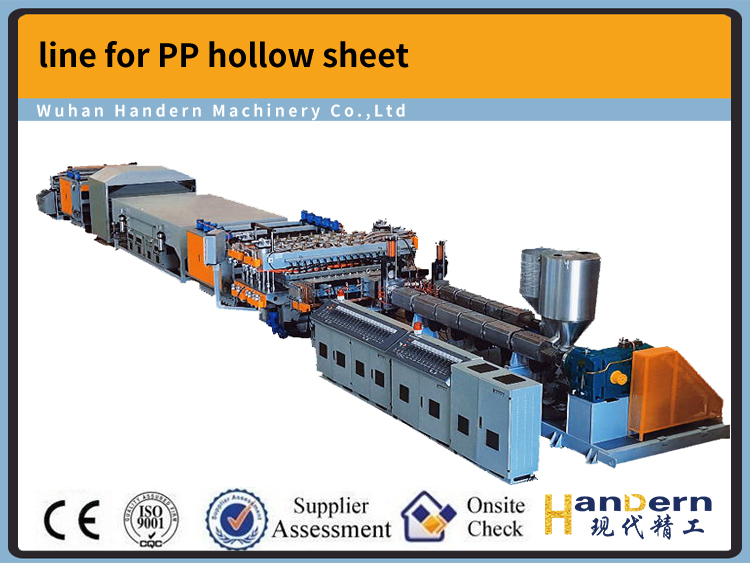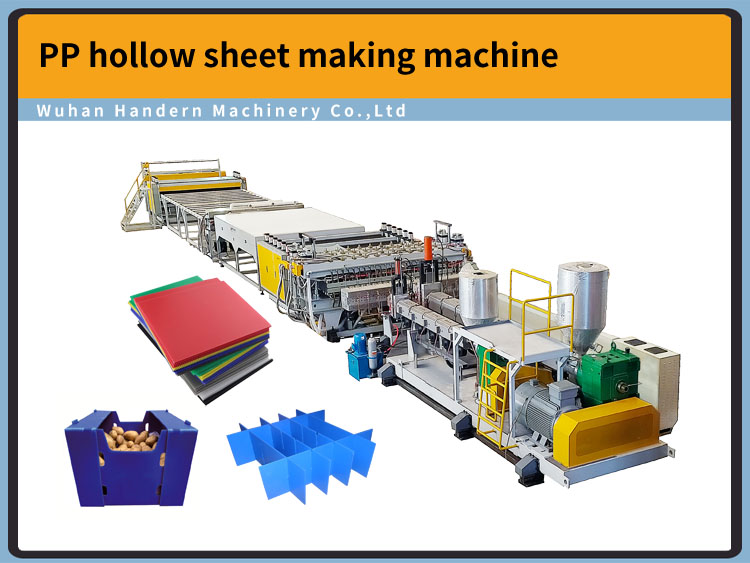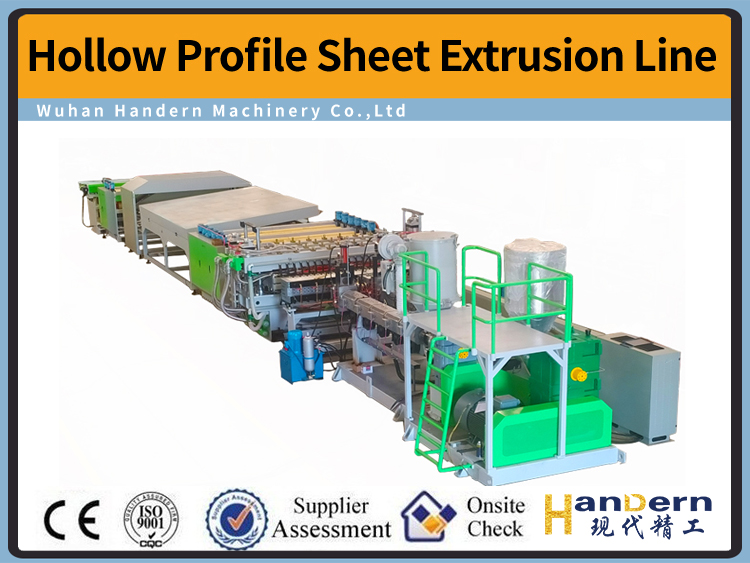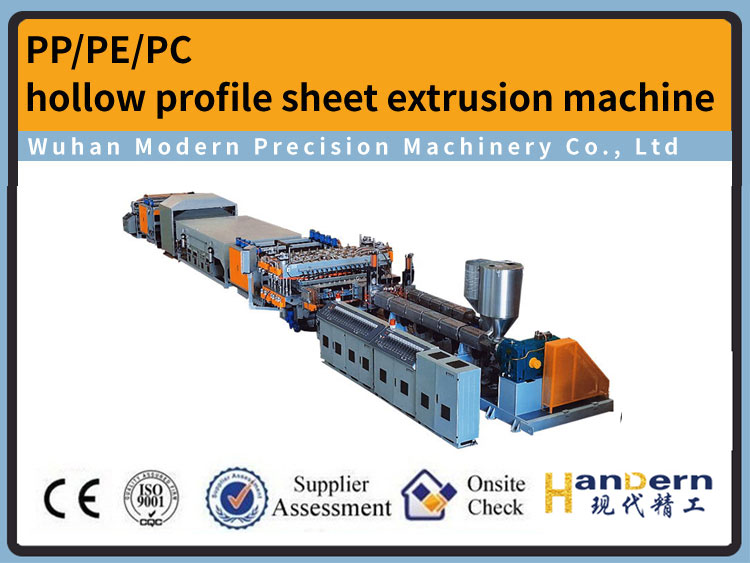Vinyl chloride-vinyl acetate copolymer (VC-VAC) and vinyl chloride-propylene copolymer (VCP)
DATE:2023/1/14 8:33:16 / READ: / SOURCE:This station
2.3.12 Vinyl chloride-vinyl acetate copolymer
Vinyl chloride-vinyl acetate copolymer is an important variety of modified PVC. It can also be called vinyl chloride-acetate resin or vinyl chloride-vinyl acetate copolymer, abbreviated as VC-VAC.
2.3.12.1 Performance characteristics
Vinyl chloride-vinyl acetate copolymer is internally plasticized PVC. The content of vinyl acetate (VAC) in industrial products is generally 2% - 20%, and the molecular weight is 0.45 - 0.80 expressed by logarithmic viscosity of specific concentration. There are also products with vinyl acetate content greater than 20%. With the increase of VAC content, the softening point of the copolymer decreases, the product molding is easier, and the service life of the product is longer, which is more suitable for the production of hard products and high filler products. The copolymer with 5% vinyl acetate content is a paste molding resin with excellent solubility with solvent, suitable for coating preparation, and can improve the adhesion to metal. The properties of vinyl chloride-vinyl acetate copolymer are related to the content of vinyl acetate. Taking the VAC content of 15% as an example, the tensile strength is 60MPa, the thermal deformation temperature (0.46MPa load) is 57 ℃, the Rockwell hardness is R50, and the notch impact strength of the cantilever beam is 10J/m. Vinyl chloride-vinyl acetate copolymer is soluble in methyl ethyl ketone, tetrahydrofuran, methyl isobutyl ketone, and in aromatic hydrocarbon bath
The solubility in the agent is small.
2.3.12.2 Forming method and application
The vinyl chloride-vinyl acetate copolymer can be processed into plastic products by extrusion injection molding, calendering and blow molding, just like the general thermoplastic. It is more suitable for hard products with large proportion of fillers in raw materials such as asbestos board floor and hard compact disc.
The process characteristics of vinyl chloride-vinyl acetate copolymer molding products are as follows: when the soft products are molded with this resin, the products can be produced by adding less plasticizer or using chlorinated paraffin-type auxiliary plasticizer with low plasticizer efficiency in the raw materials. In the production process, as long as the raw materials are measured separately according to the formula requirements, and then mixed evenly, the raw materials can be mixed into pieces on the open mill. Compared with the processing of vinyl chloride homopolymer with the same molecular weight, the products formed by vinyl chloride-vinyl acetate copolymer have lower processing temperature, faster plasticization and shorter production cycle.
The producers of vinyl chloride-vinyl acetate copolymer include Shanghai Tianyuan Group Tianyuan Chemical Co., Ltd., Beijing No.2 Chemical Co., Ltd., Tianjin Chemical Plant, Hangzhou Electrochemical Group Co., Ltd., Jiangsu North Chlor-Alkali Group Co., Ltd. and Nantong Jiangshan Pesticide Chemical Co., Ltd.
2.3.13.1 Performance characteristics
Vinyl chloride-propylene copolymer is internally plasticized PVC. The resin molding products have good thermal stability and processability in the process, the melt after plasticization has good fluidity, and the elongation is high under high temperature conditions. It is suitable to use vacuum molding for various complex products. In addition, the products formed with chloropropylene resin are non-toxic, transparent and resistant to chemicals. However, the impact strength of products is lower than that of PVC products.
2.3.13.2 Forming method and application
Vinyl chloride-propylene copolymer can be extruded, injected, blown and vacuum molded. Processing plastic products. Such as extrusion blow molding film, sheet and hollow container, profile and injection molding pipe fittings, supporting parts for various mechanical equipment, chemical and medical components, etc.
The producers of vinyl chloride-propylene copolymer include Shanghai Tianyuan Group Tianyuan Chemical Co., Ltd., Zhejiang Chemical Research Institute, etc. See Table 2-83 for the performance standards of chloropropylene resin produced by Elkor.
Vinyl chloride-vinyl acetate copolymer is an important variety of modified PVC. It can also be called vinyl chloride-acetate resin or vinyl chloride-vinyl acetate copolymer, abbreviated as VC-VAC.
2.3.12.1 Performance characteristics
Vinyl chloride-vinyl acetate copolymer is internally plasticized PVC. The content of vinyl acetate (VAC) in industrial products is generally 2% - 20%, and the molecular weight is 0.45 - 0.80 expressed by logarithmic viscosity of specific concentration. There are also products with vinyl acetate content greater than 20%. With the increase of VAC content, the softening point of the copolymer decreases, the product molding is easier, and the service life of the product is longer, which is more suitable for the production of hard products and high filler products. The copolymer with 5% vinyl acetate content is a paste molding resin with excellent solubility with solvent, suitable for coating preparation, and can improve the adhesion to metal. The properties of vinyl chloride-vinyl acetate copolymer are related to the content of vinyl acetate. Taking the VAC content of 15% as an example, the tensile strength is 60MPa, the thermal deformation temperature (0.46MPa load) is 57 ℃, the Rockwell hardness is R50, and the notch impact strength of the cantilever beam is 10J/m. Vinyl chloride-vinyl acetate copolymer is soluble in methyl ethyl ketone, tetrahydrofuran, methyl isobutyl ketone, and in aromatic hydrocarbon bath
The solubility in the agent is small.
2.3.12.2 Forming method and application
The vinyl chloride-vinyl acetate copolymer can be processed into plastic products by extrusion injection molding, calendering and blow molding, just like the general thermoplastic. It is more suitable for hard products with large proportion of fillers in raw materials such as asbestos board floor and hard compact disc.
The process characteristics of vinyl chloride-vinyl acetate copolymer molding products are as follows: when the soft products are molded with this resin, the products can be produced by adding less plasticizer or using chlorinated paraffin-type auxiliary plasticizer with low plasticizer efficiency in the raw materials. In the production process, as long as the raw materials are measured separately according to the formula requirements, and then mixed evenly, the raw materials can be mixed into pieces on the open mill. Compared with the processing of vinyl chloride homopolymer with the same molecular weight, the products formed by vinyl chloride-vinyl acetate copolymer have lower processing temperature, faster plasticization and shorter production cycle.
The producers of vinyl chloride-vinyl acetate copolymer include Shanghai Tianyuan Group Tianyuan Chemical Co., Ltd., Beijing No.2 Chemical Co., Ltd., Tianjin Chemical Plant, Hangzhou Electrochemical Group Co., Ltd., Jiangsu North Chlor-Alkali Group Co., Ltd. and Nantong Jiangshan Pesticide Chemical Co., Ltd.
2.3.13 Vinyl chloride-propylene copolymer
Vinyl chloride-propylene copolymer can also be called chloropropylene (copolymer) resin, abbreviated as VCP.2.3.13.1 Performance characteristics
Vinyl chloride-propylene copolymer is internally plasticized PVC. The resin molding products have good thermal stability and processability in the process, the melt after plasticization has good fluidity, and the elongation is high under high temperature conditions. It is suitable to use vacuum molding for various complex products. In addition, the products formed with chloropropylene resin are non-toxic, transparent and resistant to chemicals. However, the impact strength of products is lower than that of PVC products.
2.3.13.2 Forming method and application
Vinyl chloride-propylene copolymer can be extruded, injected, blown and vacuum molded. Processing plastic products. Such as extrusion blow molding film, sheet and hollow container, profile and injection molding pipe fittings, supporting parts for various mechanical equipment, chemical and medical components, etc.
The producers of vinyl chloride-propylene copolymer include Shanghai Tianyuan Group Tianyuan Chemical Co., Ltd., Zhejiang Chemical Research Institute, etc. See Table 2-83 for the performance standards of chloropropylene resin produced by Elkor.
Author:admin




